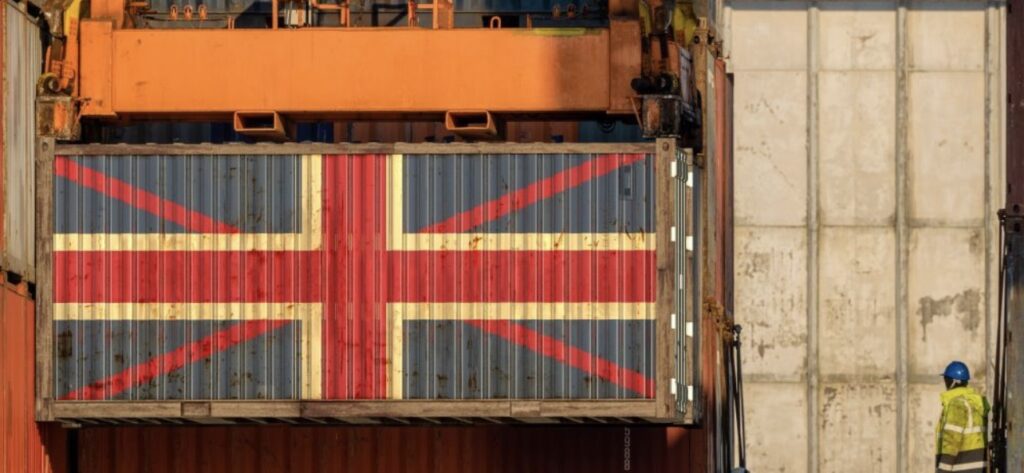New UK tariff suspension scheme less complex than EU version
The UK is to launch its own post-Brexit tariff suspension scheme, designed to help make domestic manufacturing companies more competitive.
Tariff suspensions are used to help sectors such as agriculture, micro-electronics and chemicals, by lowering the cost of importing raw materials where they are scarce or unavailable locally.

From next month (June 2021), UK companies will be able to apply for duties on imports to be temporarily reduced or withdrawn.
Once a suspension has been introduced, all UK importers will be able to benefit from it,DIT has announced.
Greg Hands, Minister for Trade Policy, said suspensions granted would benefit entire sectors. “They will lower costs and help our superb producers pack even more of a punch when they compete on the global stage.”

Previously, when the UK was an EU member, firms had to submit applications to request suspensions, which then had to be assessed by the bloc’s 27 other member states.
The new UK scheme will allocate suspensions based on the needs of domestic firms on any import that satisfies the selection criteria set out on gov.uk.
“The EU scheme was complex as it had consequences for all member states,” said IOE&IT Academy director Kevin Shakespeare.
The new UK scheme is “a positive example of facilitations,” Shakespeare added.
Benefits to UK firms are likely to be around imports from countries with which the UK has no trade agreement, “potentially if origin is difficult to calculate, although the level of processing and production may determine eligibility,” Shakespeare said.
High-end manufacturing, automotive, engineering and aerospace are likely to benefit from the scheme.
“Imports from countries such as US and Taiwan could gain too, as could energy imports and energy derivatives from the Middle East,” Shakespeare added.
In recognition of the challenges surrounding the Covid pandemic, existing duty suspensions that the UK government rolled over from the EU will be extended beyond 31 December 2021.
According to the EU its suspensions “are proposed after a thorough examination of the economic reasons on which the requests are based and only insofar as they seem likely to benefit the Union economy”.
Unlike the EU scheme, tariff suspensions under the new UK scheme could also apply to finished products to meet a temporary need.
Decisions will be made based on the needs of UK firms and the wider economy.
These will include asking firms to prove they would have saved at least £10,000 pounds in duties if a suspension had applied in 2020.
Companies can apply from 1 June, 2021, with a final date of 31 July, 2021.
The application form can be found here. Granted applications will apply from early 2022, and last until summer 2024.
Souce: IOE&IT
You must be logged in to post a comment.